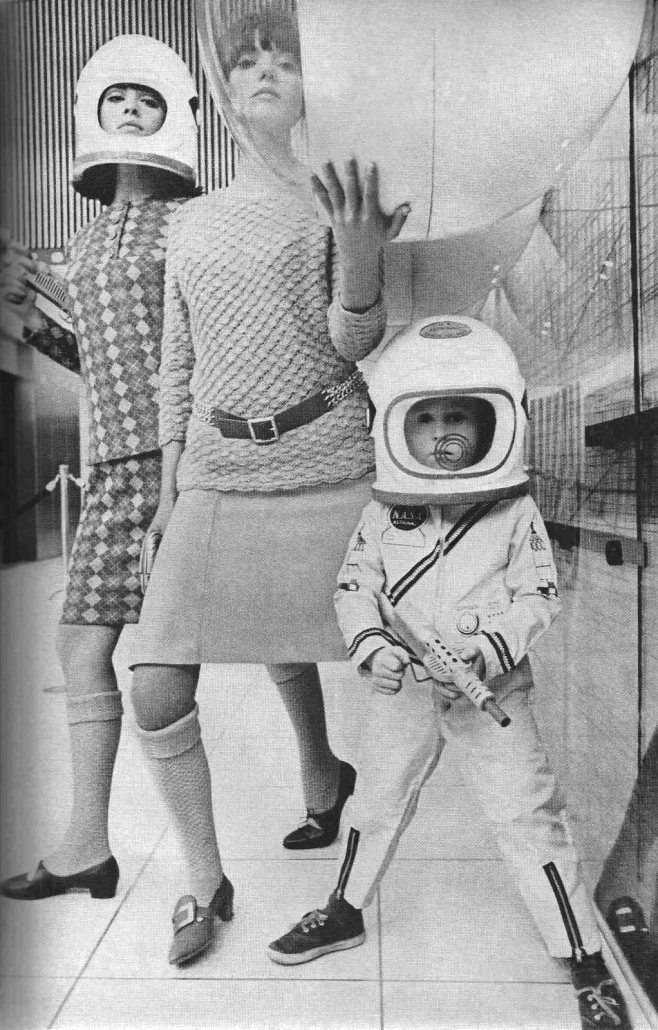In “The Asshole Theory of International Relations,” the Philosopher’s Beard helpfully names the nations that are the biggest stains on humanity and explains how we should deal with them. That’s right–I said them because the piece argues that America is only assholish but not full-on asshole. Hooray! Let’s celebrate by blowing stuff up. Maybe stuff in the Middle East.
An excerpt:
Some readers may be puzzled – or even outraged – that I have not yet referred to our global hegemon, America, self-appointed world policeman and serial invader and destroyer of Muslim countries. Of course you are welcome to apply my typology to America yourself and come to your own judgement. But, in case you were wondering, I don’t think America is a complete asshole nation. At least not at present. A strong case can be made that for the 4 years or so following 9/11, the unchallenged height of Bush’s “Either you’re with us or you’re with the enemy” moral unilateralism, America was a pathological asshole or something very close to it. (Provoking that moral blindness was Al Qaida’s greatest achievement.)
America certainly has significant asshole tendencies, as apparent in its attempts to dominate Latin America (over 150 years); its pouting rejection of international institutions that don’t let it have everything its own way – refusing to pay its membership dues to the United Nations, and rejecting international projects like the International Criminal Court or climate change mitigation treaties; and, not least, its personalisation of and ghastly failures in the war on terror. And this misbehaviour has a clear source in Americans’ popular belief in their country’s moral and civilisational exceptionalism.
But America also has significant anti-assholish tendencies, which usually predominate, and this is what differentiates it from countries like Russia. America’s exceptional power is generally exercised in the service of preserving the world order, as a self-appointed global policeman, rather than to get away with moral exceptionalism. In contrast to Russia, America often acts on the principles it espouses even when that isn’t convenient. They aren’t merely a rhetorical ploy to manage complaints and obfuscate what it is doing.
I think this understanding of America’s moral character is implicitly held by its critics. The reason America gets so much moral criticism from around the world is that criticism of America is not futile.•


